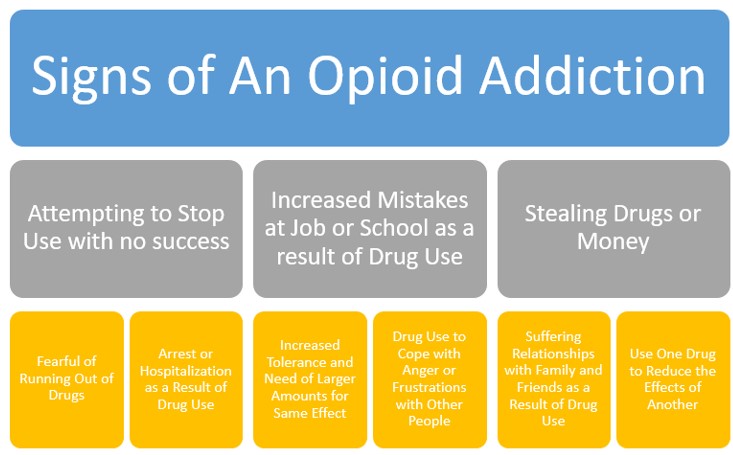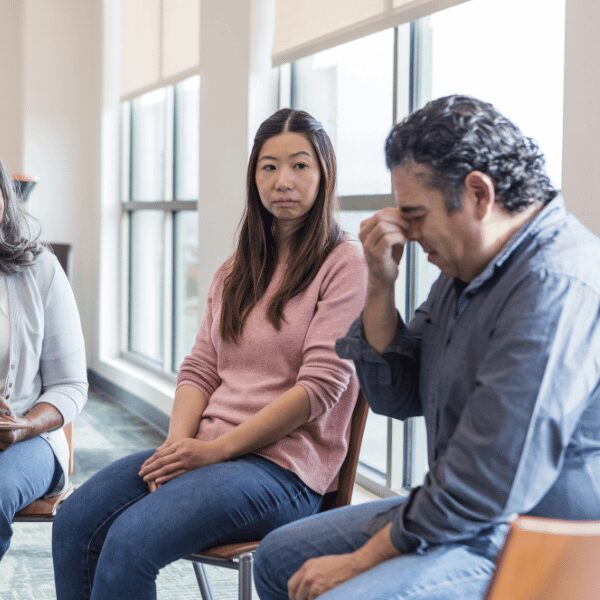How to Tell if Someone Has an Opioid Addiction
Opioids are a classification of drugs often referred to as opiates or narcotics. Doctors prescribe opioids for their painkilling properties. However, at certain doses, opioid use may also produce a euphoric high. Opioids have addictive properties, rendering users at a higher risk of developing an addiction.
It’s essential to know the signs and symptoms of opioid use disorder and general substance abuse if you or a loved one is struggling with opioid use disorder (OUD) and in need of opioid treatment programs. Recognizing opioid addiction can be challenging, as the signs may vary from person to person. However, there are common indicators that may suggest someone is struggling with opioid dependency. These signs, including the below, can be behavioral, physical, and psychological.
- Behavioral signs include noticeable withdrawal from social activities, neglect of responsibilities, or unexpected changes in behavior. Individuals may also exhibit secretive behavior or lie about their whereabouts.
- Physical signs might include sudden weight loss, noticeable fluctuations in energy levels, or physical discomfort. Observable changes such as poor personal hygiene or unexplained bruises or infections can also be indicative of opioid misuse.
- Psychological signs often involve mood swings, irritability, or depression. Increased sensitivity to stress, anxiety, or a lack of motivation can be further signs pointing towards addiction.
The Diagnostic and Statistical Manual of Mental Disorders, Fifth Edition (DSM-5) classifies OUD—a form of substance use disorder (SUD)—by the following signs and symptoms:
- Taking opioids in larger amounts or for longer than intended
- Unable to stop or reduce usage
- Spending excess time obtaining, using, or recovering from using opioids
- Intense cravings and strong urges to use opioids
- Using even though it causes issues in your relationships
- Keeps you from fulfilling your obligations
- Increased tolerance
- Experiencing withdrawal symptoms when going without the substance
Short-term signs and symptoms
- Confusion
- Euphoria
- Drowsiness
- Constipation
- Nausea
- Slowed breathing
- Hypoxia (can also occur as a long-term symptom)
Long-term signs and symptoms
- Neurological changes
- Behavioral changes and mood swings
- Psychological effects
- Physical effects (twitching, ticks)
- Memory issues
- Being emotionally detached
- Coma
- Permanent brain damage
- Death










